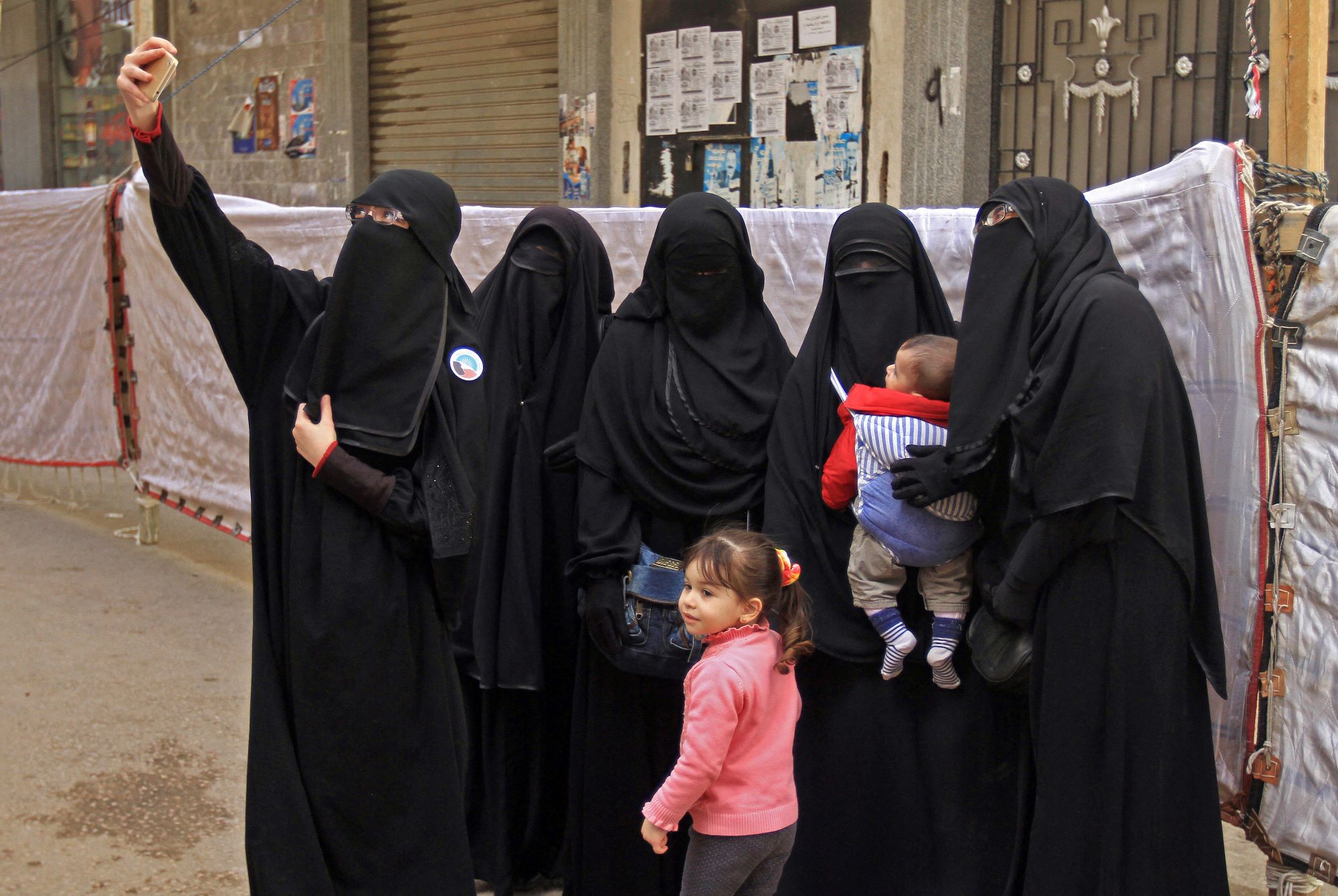The Egyptian government has announced a ban on the wearing of the face-covering niqab in schools from the beginning of the next term on 30 September.
Education Minister Reda Hegazy made the announcement on Monday, adding that students would still have the right to choose whether to wear a headscarf, but insisted it must not cover their faces.
He also said that the child’s guardian should be aware of their choice, and that it must have been made without any outside pressure.



Problem is while other hijabs might be voluntary I don’t think anyone voluntarily wears a niqab
I know several women who wear the niqab by choice, and in the face (pun not intended) of social pressure.
That completely misses the point. The issue is that women should be allowed to wear whatever they want, same as men do. Banning a garment, even when no woman elects to wear it, serves no purpose except to restrict women’s choices.
not trying to shit stir, but can men really wear balaclavas anywhere they want?
I’ve seen plenty of delivery people wearing them during the colder months in my city. Since they aren’t worn for religious reasons, I suspect most men don’t wear them indoors, but I’m unaware of any law that prohibits them from doing so. Sure, maybe there are some high-security places where you wouldn’t be allowed to wear anything that covers your face, but that applies equally to men and women.
Covering your face in public space is banned in France.
I agree that this aspect of it makes this issue very complicated. I wore a hijab aged 12 (out of choice, but really it was religious indoctrination) and took it off at 17. Almost every other Hijabi and Niqabi I know doesn’t really want to wear it or wishes it was not part of their lives or a religious obligation. A large number of said women eventually took it off. And of course a handful wanted to wear it and enjoy the look of modesty.
However, how does banning the Niqab help any of these women? 😬
One argument my partner made while discussing this is that it could help some women forced to wear it to be able to take it off… But I doubt that is the situation in Egypt given the culture, traditions, and law.